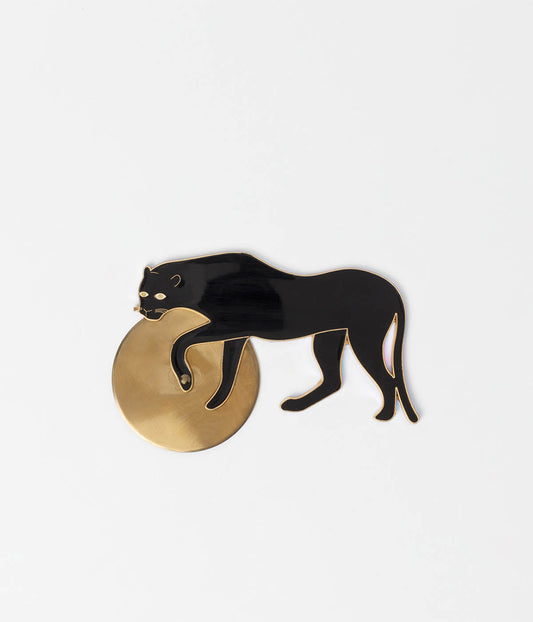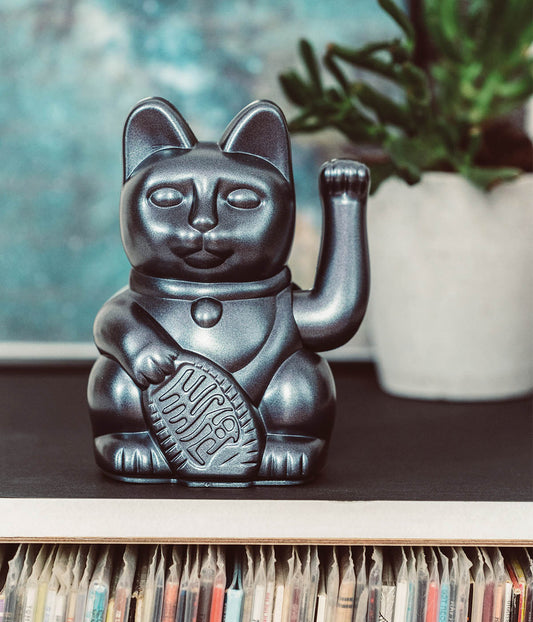
Get your Cat in Line: Tips for Dealing with a Biting Cat!
Marie DuchessHaving a cat can be a wonderful experience, but sometimes our furry friends can exhibit behavior that leaves us scratching our heads. One common issue that cat owners face is dealing with a biting cat. Whether it's a playful nip or an aggressive bite, it's important to address this behavior to ensure the safety and well-being of both you and your cat. In this blog post, we will provide you with some tips and strategies to help you get your cat in line and prevent biting.
Why do cats bite?
Understanding why cats bite is the first step in addressing this behavior. Cats may bite for various reasons, including:
- Playfulness: Cats are natural hunters and biting can be a form of play for them.
- Attention-seeking: Some cats may resort to biting as a way to get your attention.
- Fear or aggression: Cats may bite when they feel threatened or scared.
- Pain or discomfort: If your cat is in pain or experiencing discomfort, they may bite as a defensive response.
How to prevent biting
Now that you understand some of the reasons behind biting behavior, let's explore some strategies to prevent it:
1. Provide appropriate toys and outlets for play
Make sure your cat has plenty of toys to play with, such as interactive toys, scratching posts, and puzzle toys. Engaging your cat in playtime can help redirect their biting behavior towards appropriate outlets.
2. Avoid rough play
Avoid using your hands or feet as playthings, as this can encourage biting behavior. Instead, use toys or wand toys to interact with your cat during playtime.
3. Use positive reinforcement
When your cat displays good behavior, such as not biting, reward them with treats or praise. Positive reinforcement can help reinforce desired behaviors and discourage biting.
4. Socialize your cat
Expose your cat to different people, animals, and environments from a young age. Proper socialization can help reduce fear and aggression, which can lead to biting.
5. Consult with a veterinarian
If your cat's biting behavior persists or escalates, it's important to consult with a veterinarian. They can rule out any underlying medical conditions that may be causing the biting and provide further guidance.
Dealing with a biting cat can be challenging, but with patience, consistency, and the right strategies, you can help your cat overcome this behavior. Remember to provide appropriate outlets for play, avoid rough play, use positive reinforcement, socialize your cat, and seek professional help if needed. By addressing biting behavior, you can create a safe and harmonious environment for both you and your feline companion.













